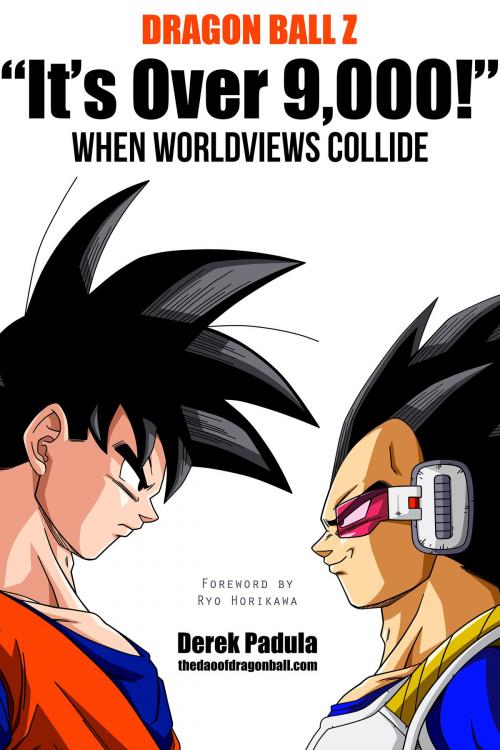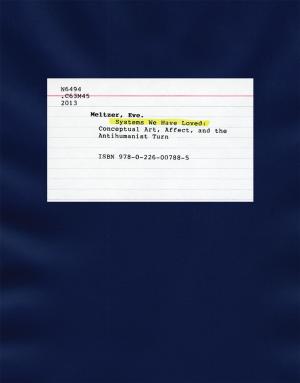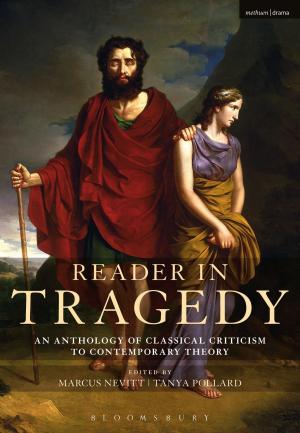Dragon Ball Z "It's Over 9,000!" When Worldviews Collide
Comics & Graphic Novels, Manga, Non-Fiction, Nonfiction, Entertainment, Performing Arts, Television, History & Criticism| Author: | Derek Padula | ISBN: | 9780983120520 |
| Publisher: | Derek Padula | Publication: | September 9, 2012 |
| Imprint: | Language: | English |
| Author: | Derek Padula |
| ISBN: | 9780983120520 |
| Publisher: | Derek Padula |
| Publication: | September 9, 2012 |
| Imprint: | |
| Language: | English |
Akira Toriyama’s Dragon Ball is the world’s most recognized anime and manga series, having entertained millions of fans across the globe. The legendary rivalry of the last two full blooded Saiya-jins, Goku and Vegeta, is the iconic example of a lifelong conflict that inspires fans to burst through their own personal limits.
With a foreword by Ryo Horikawa, the Japanese voice of Vegeta, Dragon Ball Z “It’s Over 9,000!” When Worldviews Collide is the first e-book to explain where “It’s Over 9,000!” came from, how the original video spread to receive over 7 million views, and why it continues to be such a popular catchphrase.
Featuring a thoroughly researched analysis of Goku and Vegeta’s colliding worldviews, this e-book helps the reader better understand why conflict is necessary for profound personal growth and character development.
Referencing East Asian belief systems and high tech futuristic paradigms, Derek Padula, the author of The Dao of Dragon Ball book and blog, provides a deeper understanding of this epic story and the inherent values within it.
It will forever change the way we look at Dragon Ball Z.
Akira Toriyama’s Dragon Ball is the world’s most recognized anime and manga series, having entertained millions of fans across the globe. The legendary rivalry of the last two full blooded Saiya-jins, Goku and Vegeta, is the iconic example of a lifelong conflict that inspires fans to burst through their own personal limits.
With a foreword by Ryo Horikawa, the Japanese voice of Vegeta, Dragon Ball Z “It’s Over 9,000!” When Worldviews Collide is the first e-book to explain where “It’s Over 9,000!” came from, how the original video spread to receive over 7 million views, and why it continues to be such a popular catchphrase.
Featuring a thoroughly researched analysis of Goku and Vegeta’s colliding worldviews, this e-book helps the reader better understand why conflict is necessary for profound personal growth and character development.
Referencing East Asian belief systems and high tech futuristic paradigms, Derek Padula, the author of The Dao of Dragon Ball book and blog, provides a deeper understanding of this epic story and the inherent values within it.
It will forever change the way we look at Dragon Ball Z.















